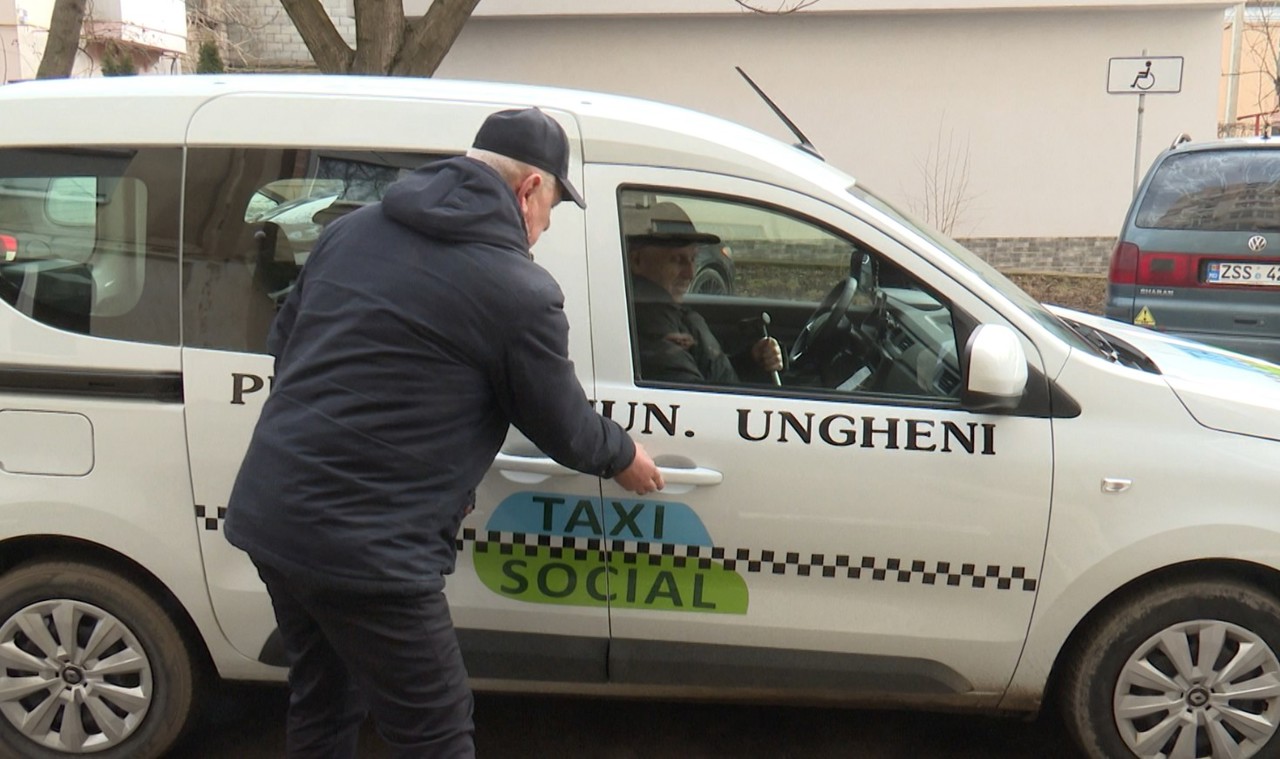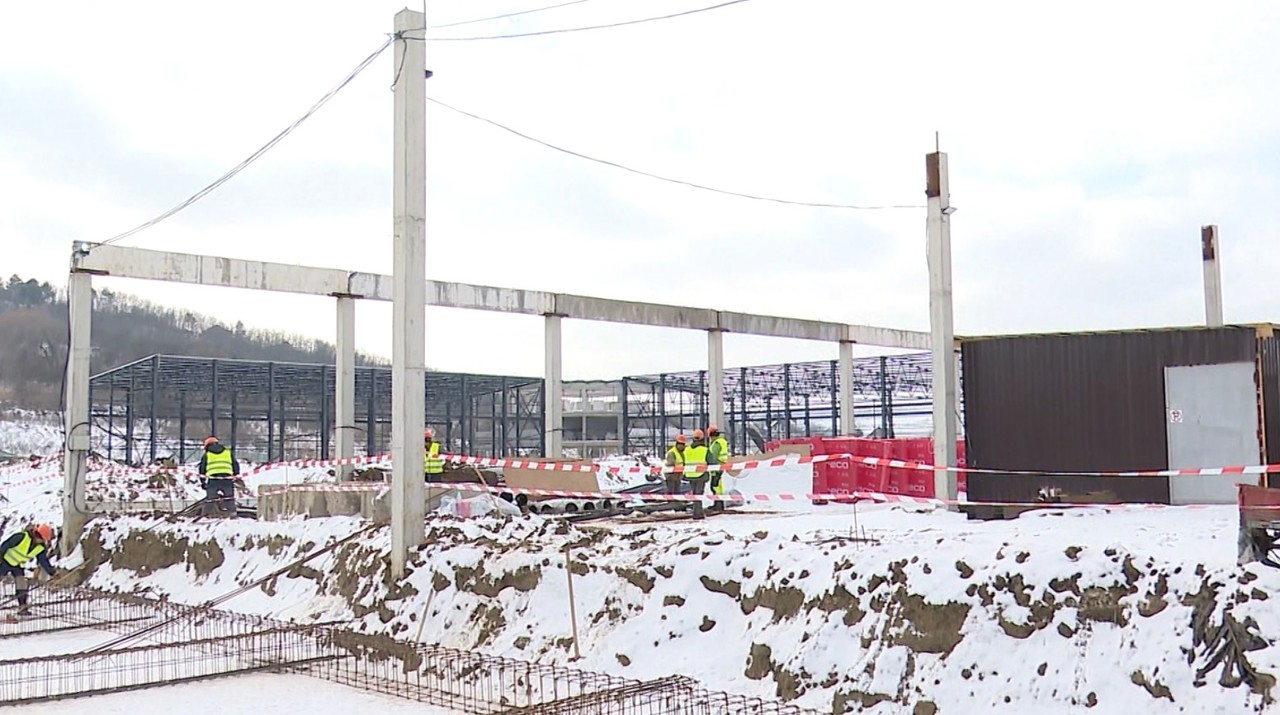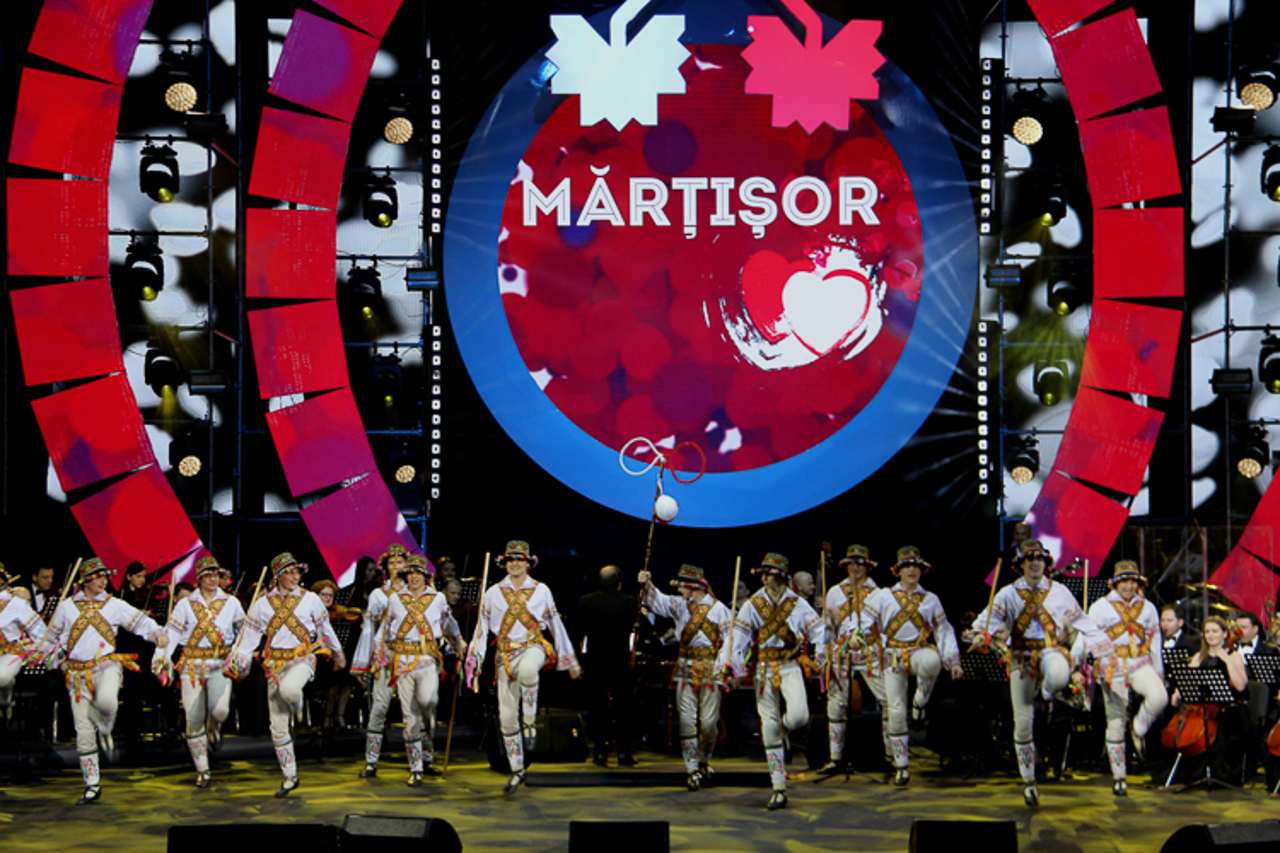Press Review // Moldova's energy crisis: Challenges and solutions in Transnistria
The challenging energy situation in the Transnistrian region, along with the solutions proposed by Chișinău authorities to address the crisis, are key topics highlighted by the press in the Republic of Moldova (RM).

At the same time, several publications draw attention to measures being taken to combat disinformation, including on social media networks.
The energy situation in the Transnistrian region has worsened rapidly after Gazprom halted gas deliveries, raising serious concerns, reports Radio Moldova, citing Constantin Borosan, State Secretary at the Ministry of Energy. The official mentioned in a social media post that electricity consumption in the residential sector has nearly doubled, and some internal networks, largely dating back to the Soviet era, in apartment buildings are failing, according to the cited source.
Agora reports that after gas, heating agent, and hot water deliveries were suspended for some consumers in the Transnistrian region, they turned to electric heating equipment. As a result, the left bank of the Dniester has reached a deficit of approximately 65 MW of electricity, which is being managed through equivalent power cuts. These cuts affect the residential sector in both rural and urban areas, public street lighting, water supply systems, industrial zones, and agricultural processing activities, reports Agora.
ZdG outlines the solutions proposed by the Government to address the crisis on the left bank of the Dniester, noting that some were ignored, while others were rejected. Among these is the possibility of Energocom purchasing natural gas and processing it into electricity at the MGRES power plant. To date, the authorities in Chișinău have received no response to this form of cooperation, observes ZdG. On the other hand, Moldovagaz and Energocom proposed a functional mechanism to Tiraspoltransgaz for purchasing natural gas from regional markets, but this form of cooperation was refused, mentions the same publication.
Mold-street points out that RM has faced a significant energy crisis since the early years of its independence. This has been marked by interruptions in gas and electricity supplies, as well as major shortages of petroleum products, even though RM inherited a relatively developed energy complex from the Soviet Union. Mold-street notes that the main infrastructure, from power plants and electrical lines to gas pumping stations, was and still is concentrated in the separatist region. Under the conditions of a military conflict on the Dniester, as early as 1992, RM faced major problems in securing energy resources, recalls the author of the article. Thus, the conflict on the Dniester was fought not only with military and political weapons but also with economic ones. Subsequently, these crises have repeated. For example, in November 1998, when Moldgres decided to completely halt electricity deliveries to consumers in RM, leading to daily power cuts lasting from 6 to 14 hours, against the backdrop of an early and harsh winter, recalls Mold-Street.
Pro-Russian propaganda – the invisible weapon driving a wedge between Moldovans on both banks of the Dniester amid the energy crisis. This is the title of an article published by realitatea.md. The delicate situation regarding gas deliveries and power outages has generated a wave of controversial reactions on social media, fueling hatred and division between Moldovans on the right and left banks of the Dniester, observes the author of the article. Solidarity and mutual understanding are more important than ever, during a time when external challenges seek to dismantle the unity of a people already divided by historical and geopolitical circumstances, signals realitatea.md.
Amid the growing information war in the region, Romania plans to establish a Center for Combating Disinformation, modeled after a similar structure already operating in RM, notes Voceabasarabiei. According to the cited source, this will represent an effective response against fake news and online manipulation affecting public opinion. More than ever, Romania has been the target of massive disinformation campaigns this year, many attributed to the Russian Federation, reports bani.md, referencing an article published by observatornews.ro. In a report sent to the president, the Romanian Intelligence Service established that a network of 25,000 TikTok accounts was directly linked to the campaign of Călin Georgescu, a candidate who appeared out of nowhere, supporting Vladimir Putin. Surprisingly, he won the first round, notes the publication. Thousands of anti-European and pro-Russian messages are distributed daily on social media networks in the Republic of Moldova, reports Bani.md.
How Moldova plans to climb the military power rankings, explains Europa Liberă. RM, the country with the smallest army in Europe, aims to climb five places in the military power ranking by 2026 and ten places by 2034, reports Europaliberă. This is one of the objectives of the Defense Strategy for the next ten years, recently adopted by the Moldovan Parliament, specifies the cited source. As the Strategy is implemented, authorities expect that in ten years, RM will improve its position in the Global Peace Index, moving from its current 63rd place out of 163 countries to 53rd by 2034. The document, adopted by Parliament at the end of December (2024), identifies among the threats to security – Russia; the risks of forming a "land military corridor" to the borders of RM, and the Russian troops illegally stationed in the separatist Transnistrian region. Additionally, the Strategy lists external defense partners – at least 16 states, including the USA, Germany, and France.
Translation by Iurie Tataru






